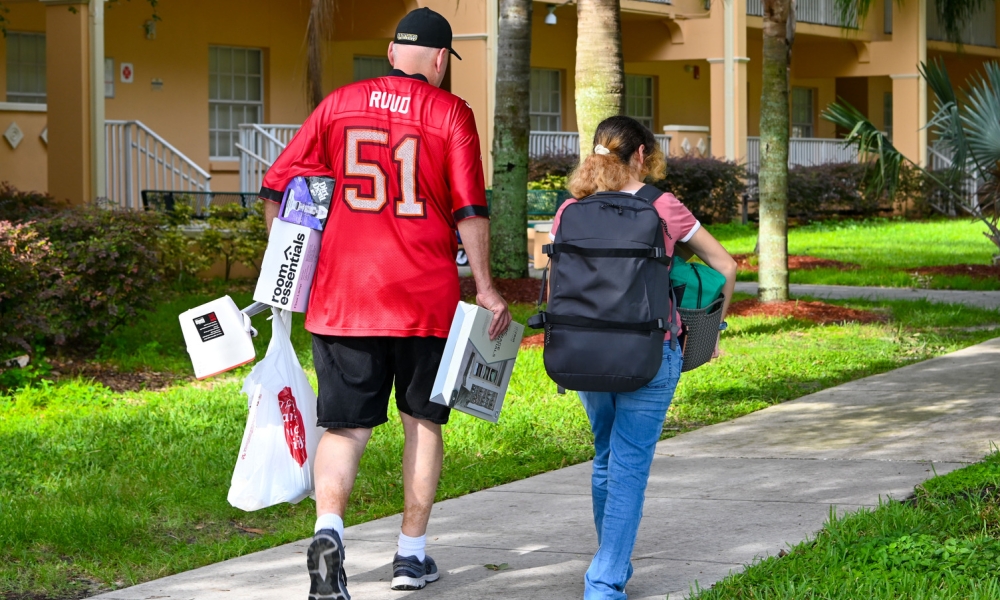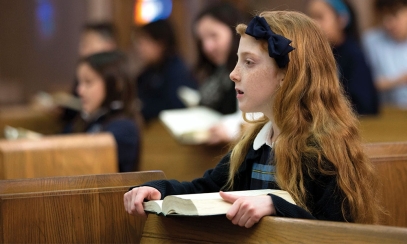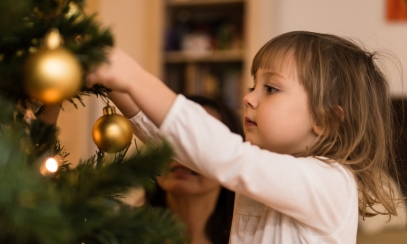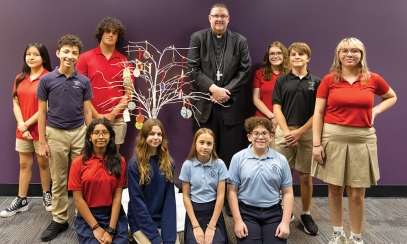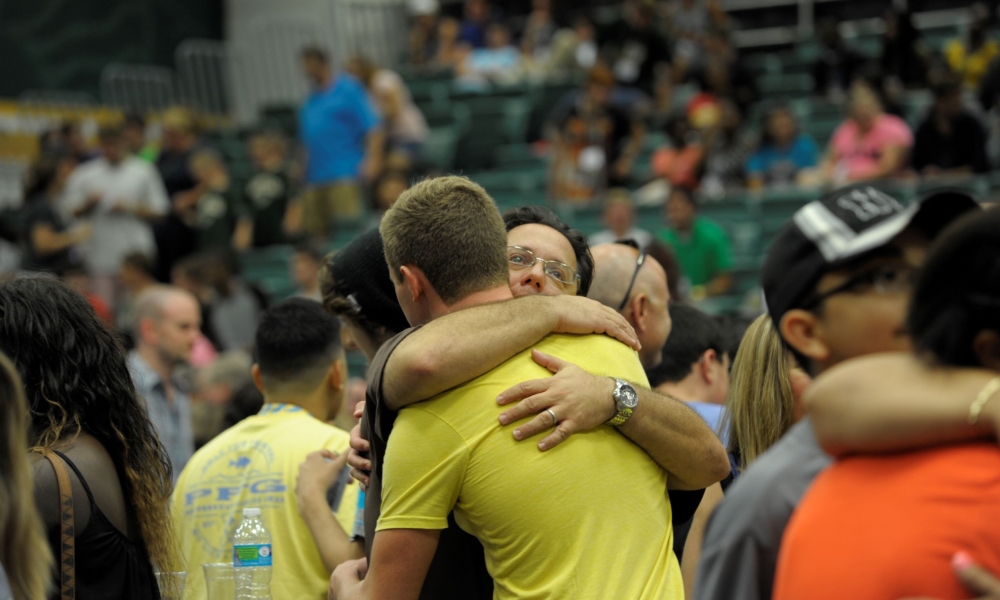
The Emotional Process of Dropping a Child Off at College
Saint Leo University Psychology Professor Offers Parents Tips for More Cheers, Less Tears
Saint Leo University Psychology Professor Offers Parents Tips for More Cheers, Less Tears
Getting your Trinity Audio player ready...
One day, we are fighting back tears as we drop our kids off at preschool or kindergarten.
One day, we are fighting back tears as we drop our kids off at preschool or kindergarten.
Then it seems like we blink, and now it is time to move them to college. Starting college is a new chapter for both parents and the child that can be both exciting and scary. The relationship between the parents and child can greatly impact how this process unfolds. Here, we will explore tips for successfully dropping your child off at college:
Be prepared for a variety of emotions.
Even the most prepared student may show signs of anxiety or fear on move-in day. There likely will be excitement about their new home, but there could also be uncertainties about classes, making friends, and more. Some teens might try to pick a fight or even distance themselves from their parents as move-in day approaches. Others may seem extra attentive or show signs of distress when it is time to be dropped off at their university. All of these possible reactions are perfectly normal. Your role is to be supportive as they work through how they are feeling.
Avoid being a helicopter parent.
When arriving at college, your child likely will be faced with questions and decisions. While it is our nature to want to jump right in, fight the urge to make decisions for them. If you have openly communicated with them as they have grown up, they will likely feel comfortable letting you know if/when they need your advice or help. It is important that they have the opportunity to make their own decisions even if these decisions are different than what we would have done.
Stay connected!
Most universities offer resources for parents through newsletters or social media groups. These communications and platforms can help you know about events and information that can be useful to you and your child. Social media groups can also build a community between parents which can be a great support system.
Follow your child’s cues.
Saying goodbye looks different for different families. Some goodbyes are short and sweet. Other families stick around and help their child unpack and maybe even have dinner together before heading out. Be aware of your child’s behaviors and use that as a guide to help you know when it is time to say goodbye. Don’t overstay your welcome!
Remember to take care of yourself, too.
When you arrive back home, you may be flooded with emotions. Try some of your favorite self-care strategies to help you cope with this new experience. If you have other children at home, this might be a great time to spend some extra time with them as well. If you are empty nesters now, think about trying something new that you have always wanted to try. It’s OK to feel both excited and sad at the same time.
I hope that you will find these tips useful, and I wish you the best in this new stage of life!
Dr. Tammy Lowery Zacchilli is a professor of psychology at Saint Leo University and teaches the popular course, Psychology of Parenting. She is the Southeastern Regional Vice President of Psi Chi and associate editor of the Psi Chi Journal of Psychological Research. Zacchilli earned her bachelor’s degree from Kennesaw State University; her master’s from Augusta State University; and her PhD from Texas Tech.

